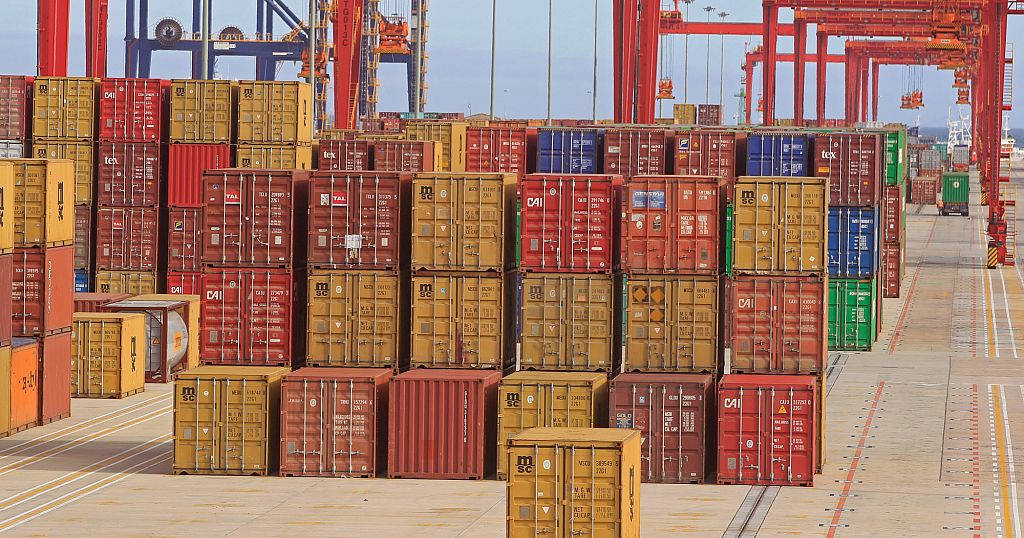The African Growth and Opportunity Act (AGOA) is set to expire on Tuesday, leaving thousands of businesses across sub-Saharan Africa uncertain about their future. The act, which was first passed in 2000, provides duty-free access to the US market for 32 countries in the region. However, with no extension yet agreed upon, the fate of these businesses hangs in the balance.
AGOA has been instrumental in promoting trade between the US and sub-Saharan Africa, allowing countries to export goods such as textiles, apparel, and agricultural products to the US without paying duties. If the act expires, many of these countries will face significant increases in tariffs, with some duties more than doubling. This would not only affect African exporters but also US firms that rely on imported raw materials, as it would restrict their choices and raise prices.
The potential consequences of AGOA’s expiration are far-reaching. Hundreds of thousands of jobs are at risk, particularly in countries such as Kenya, Lesotho, and Madagascar, which have heavily relied on the act to export their goods. The loss of duty-free access to the US market would erode Africa’s competitive edge in the export market, making it challenging for businesses to stay afloat.
White House officials have indicated that President Trump supports a one-year renewal of the law, but time is running out. The only viable option for renewal appears to be attaching it to a stopgap funding bill that Republicans are pushing to keep the US government open beyond Tuesday. If this happens, it would provide a temporary reprieve for African businesses, allowing them to continue exporting their goods to the US without significant increases in tariffs.
The expiration of AGOA would have significant implications for both African and US businesses. It would not only affect trade between the two regions but also have a broader impact on the global economy. As the deadline for renewal approaches, businesses and trade experts are eagerly waiting to see what the future holds for AGOA and the thousands of businesses that rely on it. The next few days will be crucial in determining the fate of the act and the future of trade between the US and sub-Saharan Africa.
